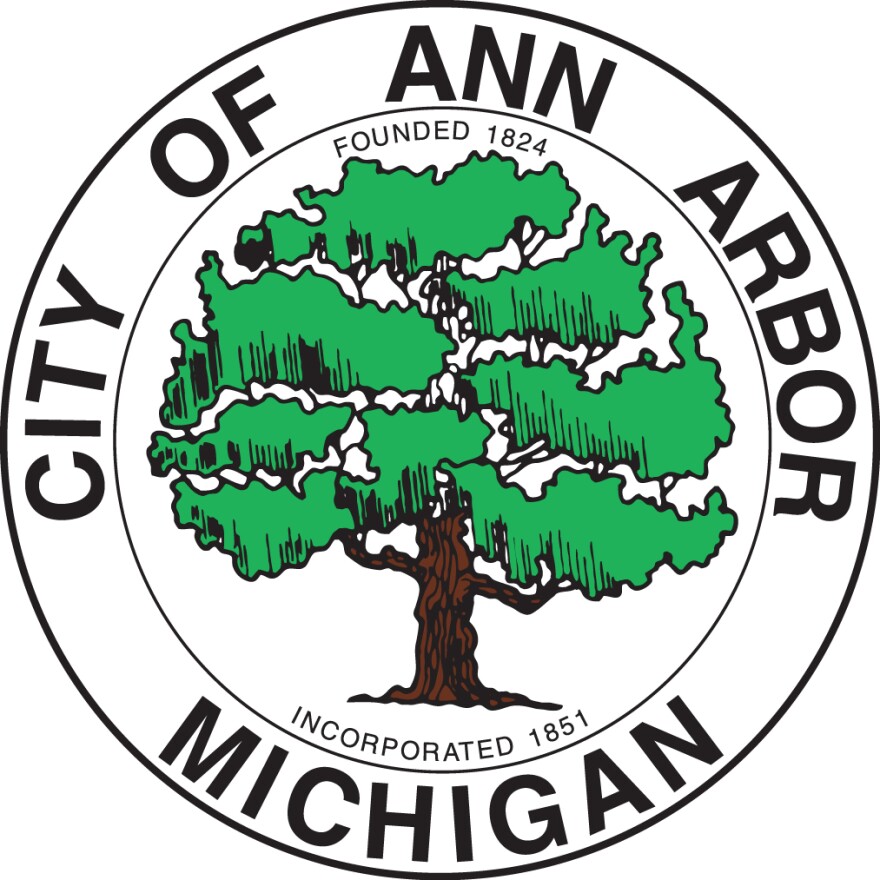MOUNTAIN VIEW, CA. – Google Assistant, Google’s rival to Amazon’s Alexa, Apple’s Siri and Microsoft‘s Cortana, sounds remarkably — maybe even eerily — human, pausing before responding to questions and using verbal ticks, like “um” and “uh.” It says “mm hmm” as if it’s nodding in agreement.
It elongates certain words as though it’s buying time to think of an answer, even though its responses are instantaneously programmed by algorithms.
With this new speaking ability, Google Assistant gets that much closer to hitting a milestone in the evolution of computing: passing the Turing test. Proposed by English computer scientist Alan Turing in 1950, it’s a way of potentially evaluating a machine’s ability to demonstrate intelligent behavior. To pass the Turing test, a computer’s natural language responses would have to sound just like a human’s.
Built with technology Google calls “Duplex” — and developed by engineers and product designers in Tel Aviv, New York and Mountain View — the AI sounds as though the future of voice assistants has arrived.
To read the rest of this story, click on https://www.cnet.com/features/google-assistant-duplex-at-io-could-become-the-most-lifelike-ai-voice-assistant-yet/?ftag=CAD090e536&bhid=20102274281679224800074149012732






